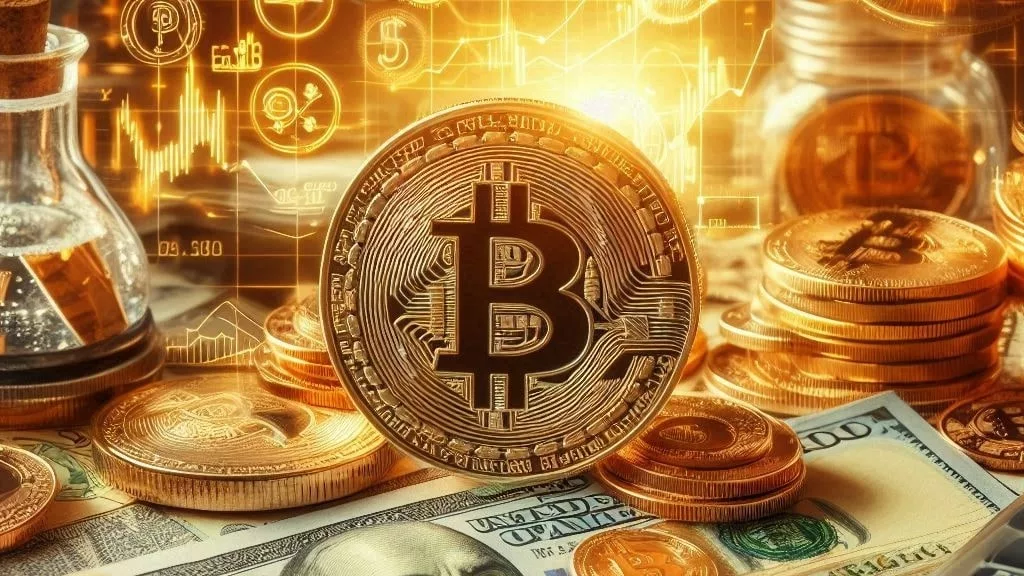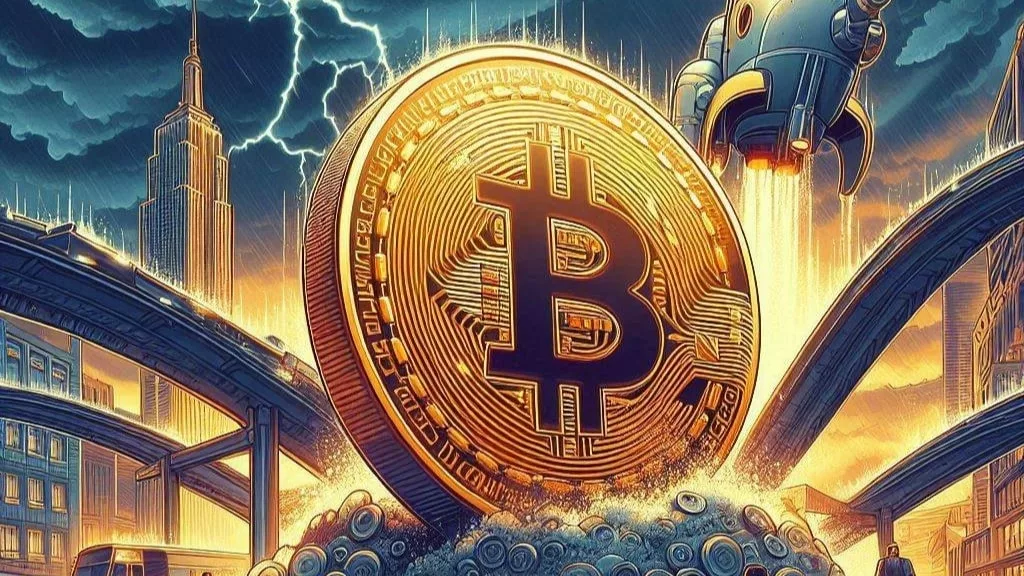
Ripple Labs’ long-standing legal battle with the U.S. Securities and Exchange Commission (SEC) is rapidly approaching what could be a game-changing moment. Nearly four years since the SEC first filed its lawsuit, the case may see a dramatic shift—or even a conclusion—by April 16, when Ripple is due to file a key legal document in its appeal.
The outcome of this moment could shape not just Ripple’s future, but the regulatory landscape for cryptocurrency in the United States. As XRP, Ripple’s native token, continues to experience price pressure, the crypto community is on edge, watching closely for what comes next.
At the center of the current spotlight is Ripple’s appellate brief deadline on April 16, 2025. This filing is part of Ripple’s opposition to the SEC’s appeal of a major ruling made in 2023 by Judge Analisa Torres. That decision determined that XRP is not a security when sold on public exchanges, but is a security in certain institutional sales.
The SEC partially claimed victory with that decision, but major questions about XRP’s classification remain unresolved. If Ripple follows through and files the brief, the legal process could drag on for months—or even years. However, legal expert Fred Rispoli believes this is unlikely.
Rispoli, who has been closely monitoring the case, estimates there is only a 10% chance Ripple will proceed with the appeal. Instead, he places a 90% probability on a quiet settlement or withdrawal, which would effectively end the appeal and lock in the current ruling that favors retail investors.
One reason Rispoli sees this as likely: Ripple cannot request an extension. Whatever decision is made will happen on or before April 16.
Speculation has been growing for months that Ripple and the SEC may already have some kind of private agreement. On social media platform X (formerly Twitter), community members have pointed to hints from Ripple executives that suggest a behind-the-scenes understanding exists.
While there has been no public filing to confirm such a deal, Rispoli noted the possibility of “non-public, written assurances” from the SEC. In that scenario, a formal settlement wouldn’t need to be filed unless the case is completely resolved in court.
As of now, no new motions or filings have been added to the court docket, keeping the legal community and crypto investors in suspense.
If Ripple withdraws its brief or if a formal settlement is declared, that would be the first official signal that the case is wrapping up.
Beyond legal maneuvers, there’s a growing belief that political timing could be playing a role in how this case unfolds. Some observers have floated the theory that both Ripple and the SEC are waiting for the appointment of a new SEC commissioner, possibly Paul Atkins—a known advocate for more crypto-friendly regulation.
Such a move could shift the narrative and soften regulatory stances without formally changing legal precedents. A strategically timed settlement under new leadership would allow both parties to save face while avoiding a long, costly appeal process.
While Rispoli hasn’t confirmed this theory, the idea introduces a significant political dimension to what was previously seen as a purely legal battle.
If the theory holds, Ripple and the SEC could be delaying action deliberately, using the political calendar to frame the final outcome in a more favorable light for both sides.
While Ripple’s legal team debates next steps, XRP’s price has taken a hit. The token is currently trading about 50% below its 2024 high, and technical analysts are warning of a bearish pattern forming on the charts.
Volume is thinning, and XRP is hovering near key support levels—signs of investor hesitation as the legal outcome remains unclear.
The broader crypto market has also seen major losses, with $11.5 trillion in value wiped out recently, putting further pressure on coins like XRP that are especially vulnerable to regulatory shifts.
Whether Ripple files its brief, drops the appeal, or introduces a settlement, the decision could either restore confidence or deepen market uncertainty, depending on how investors interpret the result.
If Ripple withdraws its appeal or settles privately, the 2023 court ruling would likely stand: XRP is not a security in retail transactions. This would be a win for the crypto industry, providing some legal clarity for token sales on public exchanges.
However, a continuation of the case could keep the door open for further enforcement actions—not just against Ripple, but against other crypto projects as well.
April 16 could prove to be one of the most pivotal dates in Ripple’s history, and possibly a turning point for U.S. crypto regulation. Whether the outcome is a quiet deal or a prolonged legal battle, the crypto world is watching closely.
Ripple’s battle with the SEC is nearing a dramatic climax. With a high-stakes deadline looming and growing speculation of a secret settlement, investors, developers, and regulators alike are paying close attention. Whether through legal action or political timing, the result of this standoff will likely ripple far beyond Ripple itself—shaping the future of crypto regulation in the United States.


Get the latest Crypto & Blockchain News in your inbox.